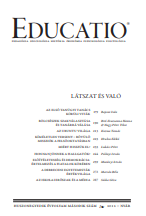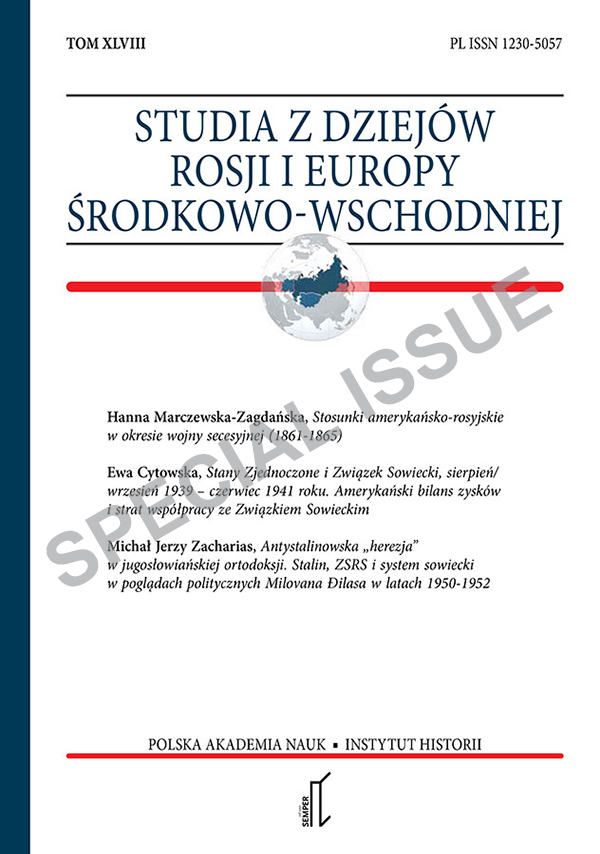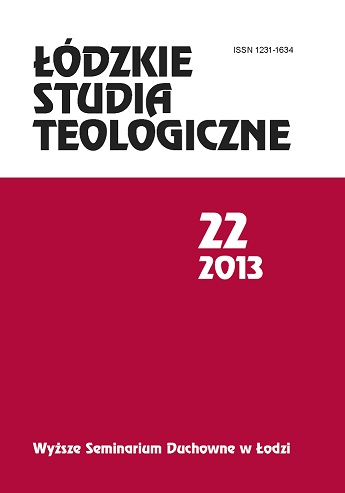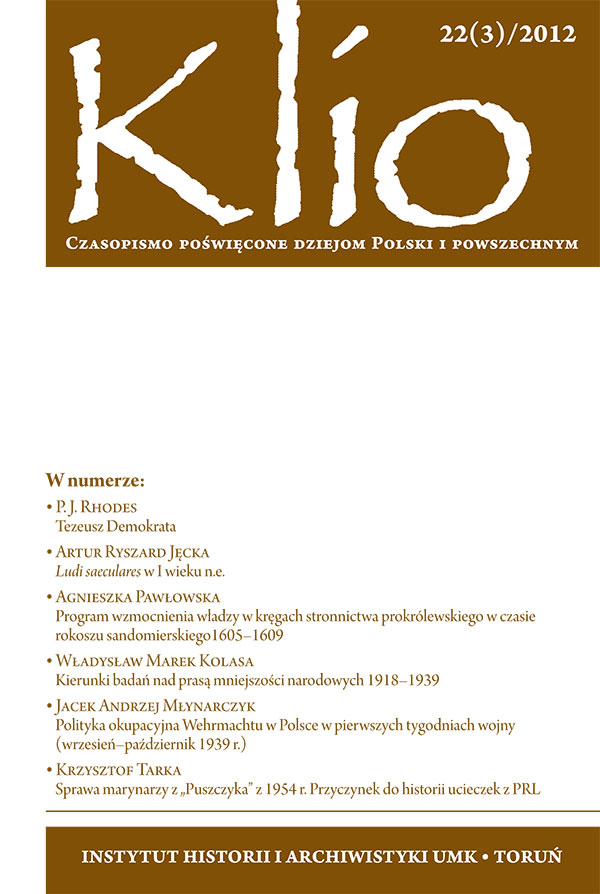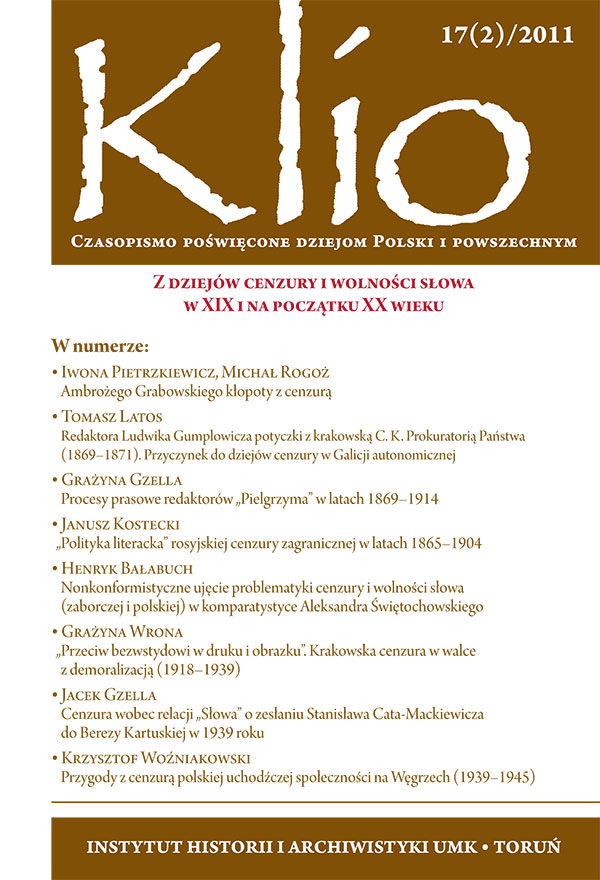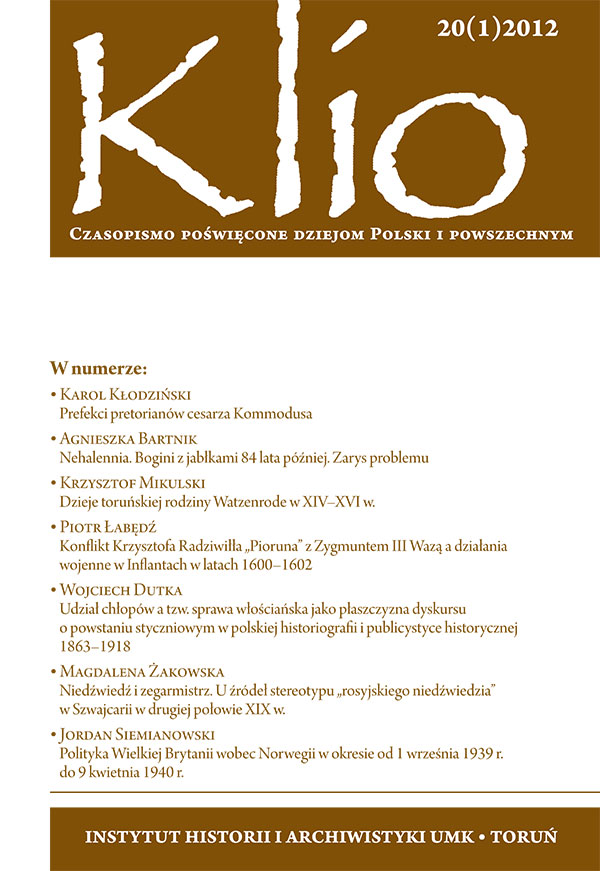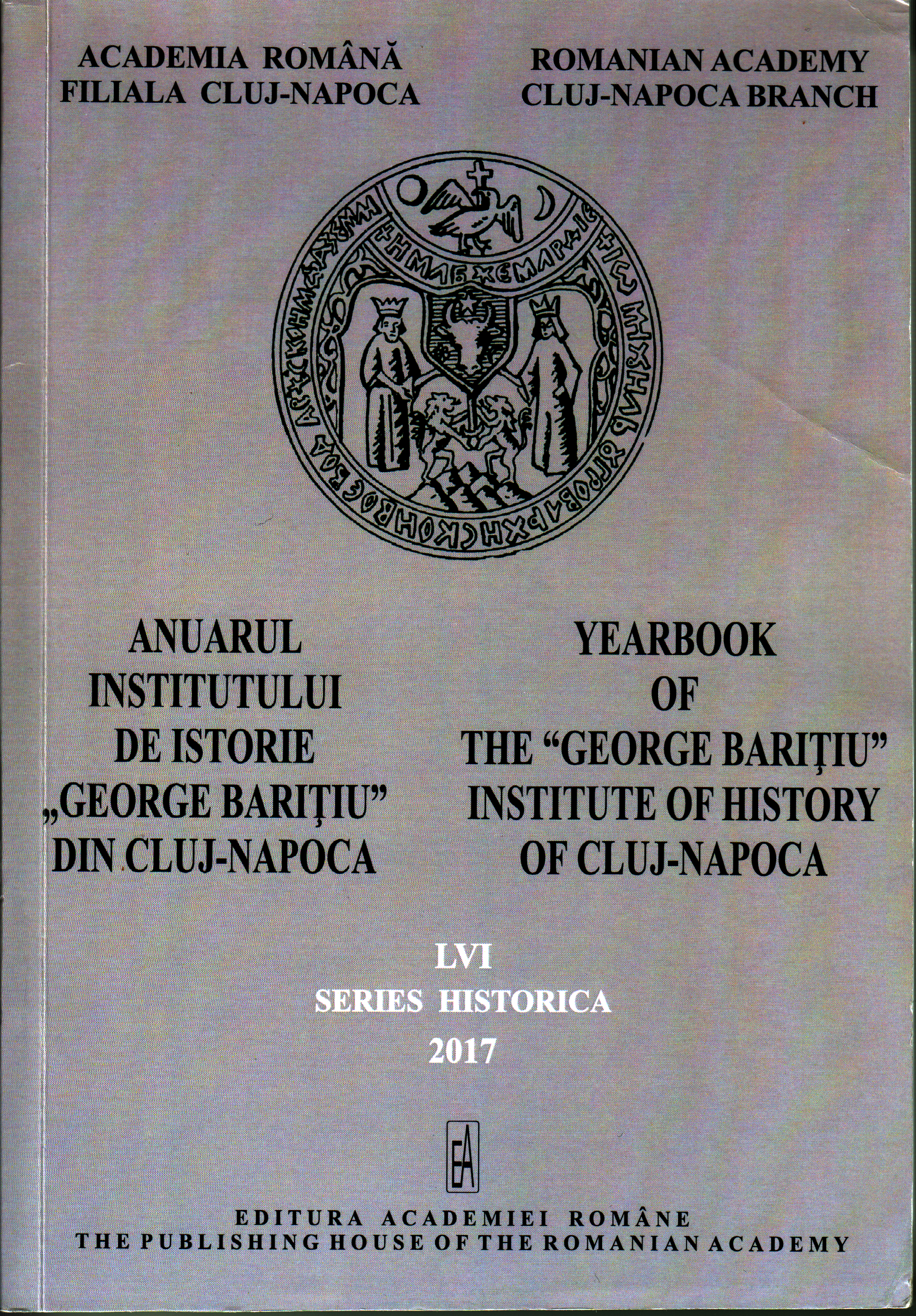
Constantin Hiott și debutul activității politico-diplomatice a României la Bratislava (1939-1940)
One of the lesser-known aspects to the Romanian historiography remains the rapprochement between Romania and the first Slovakian Republic during the years of the Second World War. The creation of a new country on the map of Europe was not received with enthusiasm in Bucharest. The disappearance of Czechoslovakia and the collapse of the Small Agreement were considered by the Romanian diplomacy as a great loss and a danger for the integrity of the Romanian state. And the dependence of Slovakia on the Nazi Germany could not provide any guarantee for a possible rapprochement. This study aims at shedding light on how was achieved the diplomatic rapprochement between the two states, reflected by the activity of the plenipotentiary prime minister of Romania accredited at Bratislava, Constantin Dinu Hiott. He started the activity in September 1939, at an extremely complicated international moment. His reports, after his meetings with Slovakian officials, such as Monsignor J. Tiso, the foreign minister Ferdinand Ďurčansky or with the members of the diplomatic body, referred to foreign policy aspects, but they also contained information on the Slovakian state and its intentions. It was clear from the beginning for the two states that the rapprochement was based on their common relations to Hungary and not on the continuation of the relation between Czechoslovakia and Romania. In the political balance of Romania from the beginning of the year 1940, the position of Slovakia was increasingly carefully monitored and it became clear that Bratislava turned into an avenue to probe German and Hungarian intentions. The reports of Constantin Hiott referred also to issues relating to internal policy of Slovakia, but also to the bilateral economic relations. Replacing Hiott in March 1940, gave a wakeup call for Berlin and Bratislava. Knowing his feelings and closeness to the former Czechoslovakia, it was best for the Romanian foreign ministry to replace him with an official less close to Braga, but which ensured the balance between Berlin and Paris.
More...
